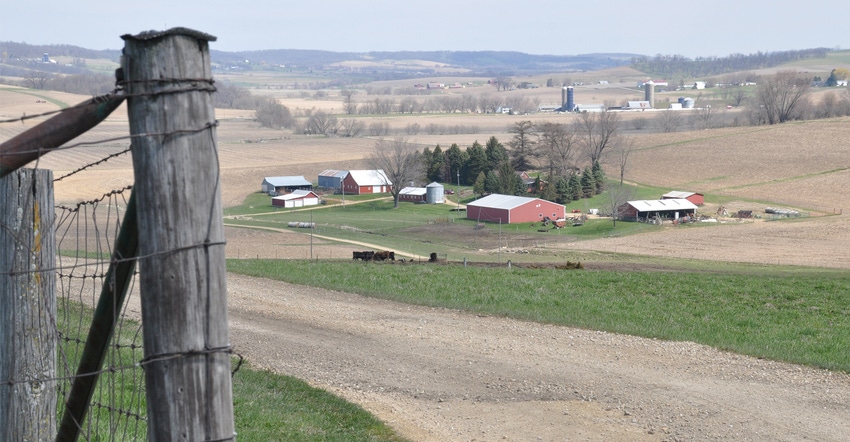June 4, 2021

Everyone has at least a vague notion of what “estate planning” means. But if you were asked to define it, the notion is probably pretty fuzzy.
What is it really? Does estate planning mean avoiding probate court when you die? Is it having enough life insurance to cover final expenses and taxes? Is an estate plan meant to avoid estate taxes? Is it a plan to divide up your property when you die? Is it a document you need to get? Is it a trust? Do you have to see a lawyer?
Estate planning can involve all of those issues and many more. It might be overwhelming, in fact. With uncertainty in the tax laws and the economy right now, you might be feeling an urgency about it. But where do you start?
You start at the beginning. To start planning your estate means facing three facts:
You are not going to live forever.
You will not take your estate with you.
Someone else will receive your estate.
If you have an estate, it is probably because you spent many years trying to manage your time and energy well. As your efforts and God’s goodness allowed you to accumulate some assets, you sought to be a good steward of all that is under your dominion. You probably avoided frivolous spending and emphasized investment that would make the farm stronger. You chose to act in the ways you thought were good for you, your farm, your family and even your community. Wherever you have the means to do so, you continue to exercise your control to bring about what is good.
Estate planning is simply the next logical step. You position your estate so it can continue to do as much good as possible when you will no longer be in control. You arrange things so that, although you will continue faithful stewardship as long as you are able, the necessary structures are in place to pass the control to your successors.
Think through to the end
How will your estate continue to do good without you? That is the part that takes serious thought. Perhaps to you, “doing good” means assuring that one or more members of the next generation will be able to continue the farm life: the connection to the land, the challenges of weather and markets, the elbow room of the country, the character of the community. Maybe some of your children have branched out with your blessing, and part of your estate will do good by providing some additional income to supplement their retirement or their children’s education. Your farm might do good by providing a gathering place where your family remains connected and reminded of the work ethic, faith and love for one another that they learned.
Your farm might be almost sacred to you, but not so much to your children. It was your way of providing, your way of life and your place, but your children may have pursued other worthwhile paths. If none of your heirs are particularly suited for life on the farm, don’t be afraid to accept reality. Maybe positioning your affairs to do the most good means planning so your heirs can convert the farm to other forms of investment capital when you are gone. If they do, this would also allow a farming neighbor who is better suited to appreciate the farm to do what you did years ago: invest in some more land to make the farm a more viable enterprise.
What if you have heirs who not only didn’t take to farming, but also rejected the work ethic and frugality training? Doing good means protecting them from themselves. Don’t leave things simply for them to blow as if your farm were lottery winnings.
This is just scratching the surface, but I hope it gets you started. Until you think this sort of thing through to the end, worrying about things like avoiding taxes or probate is premature.
Ferguson is an attorney who owns The Estate Planning Center in Salem, Ill. Learn more at thefarmersestateplanningattorneys.com. The opinions of this writer are not necessarily those of Farm Progress/Informa.
About the Author(s)
You May Also Like






